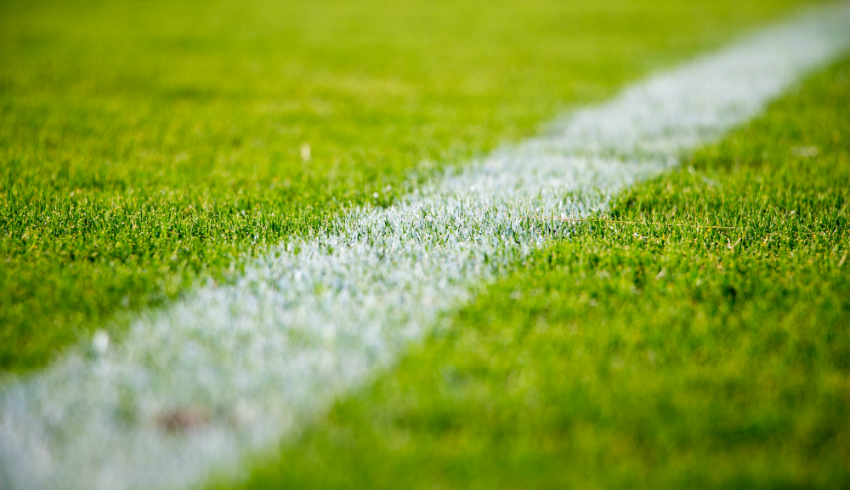Legal Practice Areas

Sport and media law is one option into which you could qualify.
What kinds of clients will I be dealing with?
People working in sports and media law deal with all stakeholders in the sports sector; their typical clients are athletes, managers, sports clubs, agents, governing bodies, sponsors, rights owners, media partners and event organisers.
What kind of work will I do at different levels?
As a trainee in this area of law there will be a lot of paperwork, such as drafting agreements and contracts. It’s not all desk work though: it’s vital that you enjoy interacting with people and that your networking skills are sharp.
As a sports and media lawyer, you will be providing advice on business agreements, contracts of performance, financial transactions, litigation and employee management and benefits. Lawyers will handle cases on defamation, libel, slander, encroachment on privacy, unsubstantiated allegations or declarations against individuals.
Entertainment law covers radio, music, TV, films, art, theatre, books, websites and magazines, so work on this side will usually consist of providing advice on commercial contracts, intellectual-property matters, content standards and employee management.
On the other side, sports lawyers can represent players, clubs, sports agents, regulatory associations or sponsorship companies. Sport is seriously big business and, as a legal professional in this industry, you will need to be on the ball. You will often have to be knowledgeable about several areas of law; from telecommunications, finance and intellectual property, to negligence and privacy.
For example, the Global Head of Sports at Withers LLP says his responsibilities range from dealing directly with sports venue club staff regarding venues hosting events—dealing with the required contracts and insurance—to negotiating the terms of management agreements between sports agents and their athletes, or even advising a sports governing body on a sponsorship agreement.
Partners in this area of law tend to spend more time developing client relationships and dealing with the strategic direction of matters, while associates deal with the day-to-day workload.
How should I tailor my commercial awareness?
This depends on which side of the area of law you’re working in, sport or entertainment.
If you work on the sports side of things, for example, you might want to be up-to-date on rumours coming up to transfer-deadline day—when all Premier League and English Football League clubs must complete transfer deals to buy players—as for sports lawyers this can be a hectic day and it helps to be ahead of the curve.
Those working on the entertainment side of things should keep updated on developments in intellectual property law and the broadcasting content standards set by the media regulator, Ofcom, as well as press regulation developments.
What does a typical day in this department look like?
Those working in sports could be dealing with venue-hosting contract and insurance, while other examples of day-to-day activities include negotiating the terms of management agreements, or perhaps advising sports governing bodies on a sponsorship agreement.
In entertainment, the work can range from drafting broadcasting agreements, arranging security for finance, to preparing multi-jurisdictional reports on gambling regulation. You also get a chance to assist the Intellectual Property team, particularly with advertising regulatory work and contentious work, such as IP infringement cases.
Academy tools to help you get a job
-

Free Watson Glaser Practice Test
Understand the test format, compare your performance with others, and boost your critical thinking skills.
